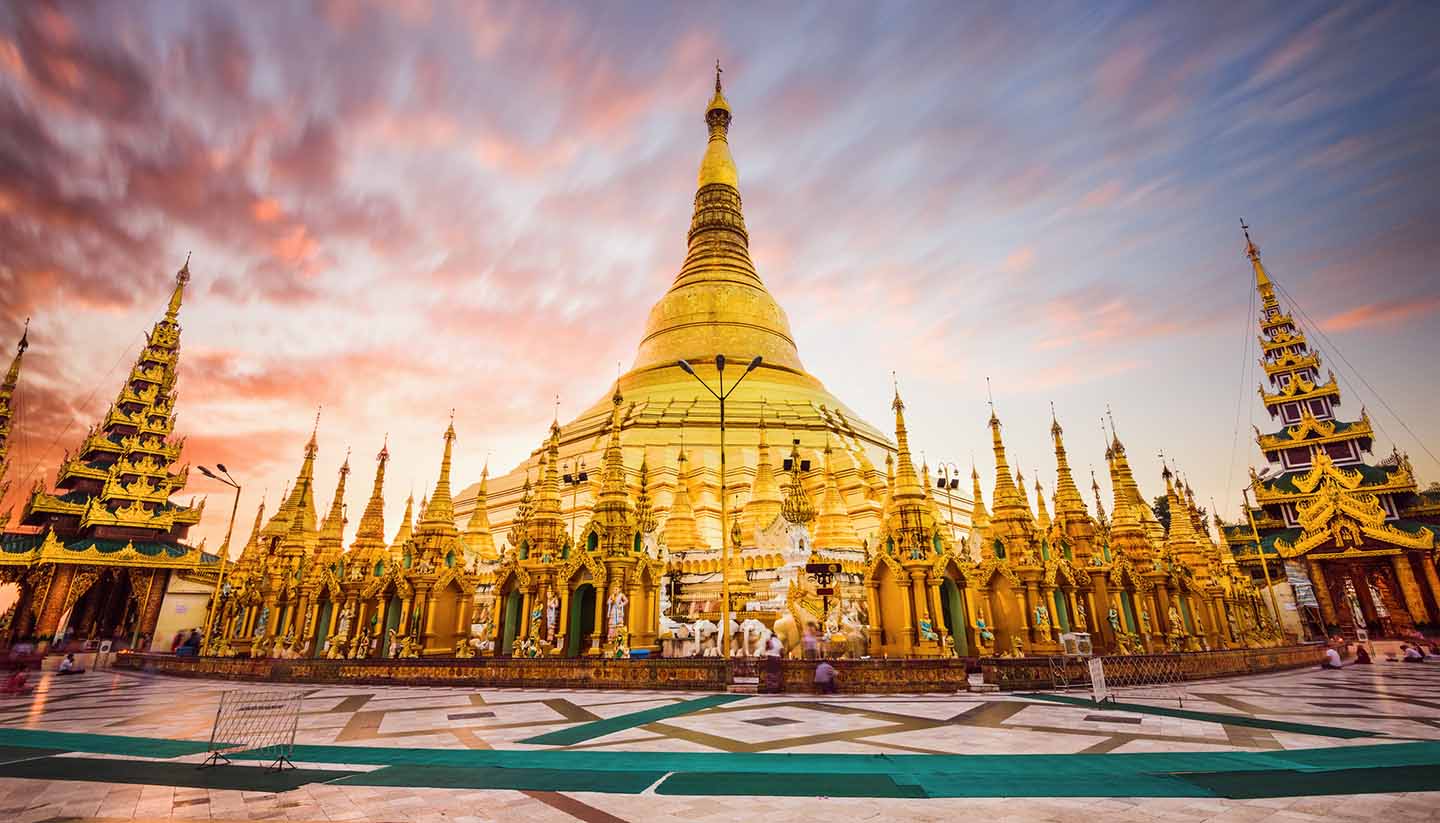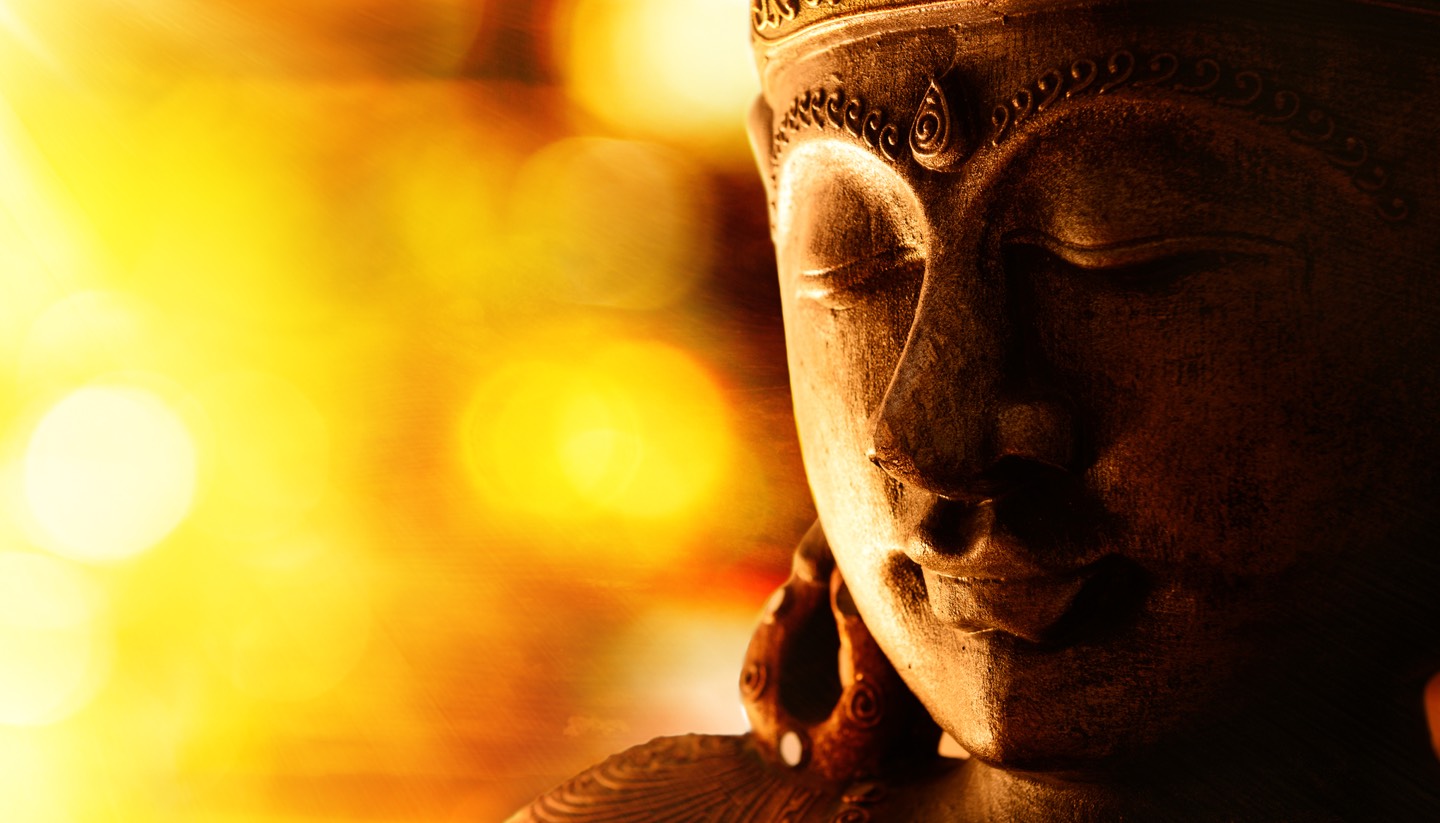Myanmar: Doing business and staying in touch
Doing Business in Myanmar
People in Myanmar tend to dress conservatively and lightweight suits are recommended during the day. Locals may wear a longyi, a traditional skirt-like garment (they are worn by men and women, with different types of pattern).
Most commercial business transactions will be conducted in English. Business cards in Burmese script can be useful, and should be given and received with two hands.
Office Hours
Mon-Fri 0900-1700.
Economy
While rich in natural resources, Myanmar's development has been hindered by its politics. Decades of cronyism and corruption mean that a small elite has become exceptionally wealthy at the expense of the vast majority, with many people living in extreme poverty. The largest single sector is traditional agriculture, mainly livestock and fishing. Teak wood is the country's other main export, much of it felled and traded illegally.
Myanmar has significant deposits of tin, copper, zinc, gemstones, silver, oil and coal: commercial exploitation provides some income, with several mining projects, some of them very controversial, being carried out in association with Chinese companies. Further significant sources of revenue include opium trafficking and gemstone mining, both of which were largely controlled by the military government and used to finance substantial arms purchases (required since the authorities have been engaged in civil war against various ethnic minority groups since independence). Although the government inaugurated in 2016 is nominally civilian, many of the same people are still in charge and the same cronies continue to enrich themselves.
There are few reliable economic statistics for Myanmar; the government has long reported growth as significantly higher than international estimates and understated the black market. After years of political isolation, however, Myanmar became a member of ASEAN in July 1997. Economic change accelerated in June 2012 when, in response to political reforms and the release of many political prisoners, the EU and US dropped many of their sanctions against trade with Myanmar.
The result is that many potential investors, who until recently may have been deterred by the government's appalling human rights record, are now looking to make a profit in Myanmar. In the meantime the army continues to deal brutally with ethnic minorities in the north of the country, and it remains to be seen whether the recent political reforms after the 2015 democratic elections are fleeting or deeply rooted.
GDP
US$67.40 billion (2016).
Main exports
Natural gas, wood products, agricultural products and marine products.
Main imports
Fabric, petroleum products, fertiliser, plastics and machinery.
Main trading partners
Thailand, China (PR),India, Singapore and Japan.
Keeping in Touch in Myanmar
Telephone
International calls are best made using a VOIP service such as Skype at an internet café, although that is dependent on getting a usable connection. Otherwise, it’s possible to make international calls from some hotels (at inflated prices), at public call offices (try asking in post offices) or at the small private call centres found either in the street or in shop. These often just consist of a telephone on a counter.
Mobile Phone
International roaming is only just being developed in Myanmar, and only works with a limited range of providers so it should not be relied upon. Visitors can either hire a standard local SIM card from the airport, or buy a special SIM card which lasts for a month and cannot be topped up even during that time. The latter costs around $24 and comes with $20 in credit. It’s theoretically possible, if expensive, to make international calls using these SIM cards.
Internet
Internet censorship is now much reduced and there are internet cafes in most towns; many hotels and guesthouses, particularly at mid-range and above, offer Wi-Fi. Wherever you connect, however, the service tends to be slow and unreliable. It is possible to access all major webmail services.
Media
The government has reduced the degree of media censorship compared to the days of the military junta, when radio, television and newspapers were all merely government mouthpieces. Nevertheless, most media organisations are still either completely or partly owned by the state, and the regular Reporters Without Borders report on press freedom still ranks Myanmar within the bottom few countries in the world.
All broadcast media stations are state-run, and local people have long turned to foreign radio stations for more accurate news about their own country. This includes the Democratic Voice of Burma (DVB). The station's video journalists (VJs) are known for their bravery when filming in the country – something which can be witnessed in the award-winning documentary Burma VJ.
For decades, daily newspapers have been state-controlled and heavy with propaganda, including the English-language New Light of Myanmar and Myanmar Times. In 2013 the government started providing licences for private companies to publish daily newspapers.
Post
Service to Europe is unreliable and can take a very long time. To ensure despatch, it is advisable to go to the post office personally. Important letters and parcels can be sent through EMS (Express Mail Service) for which there are counters at major post offices.
Post Office hoursTypically, Mon-Fri 0930-1630, sometimes Saturday mornings.



